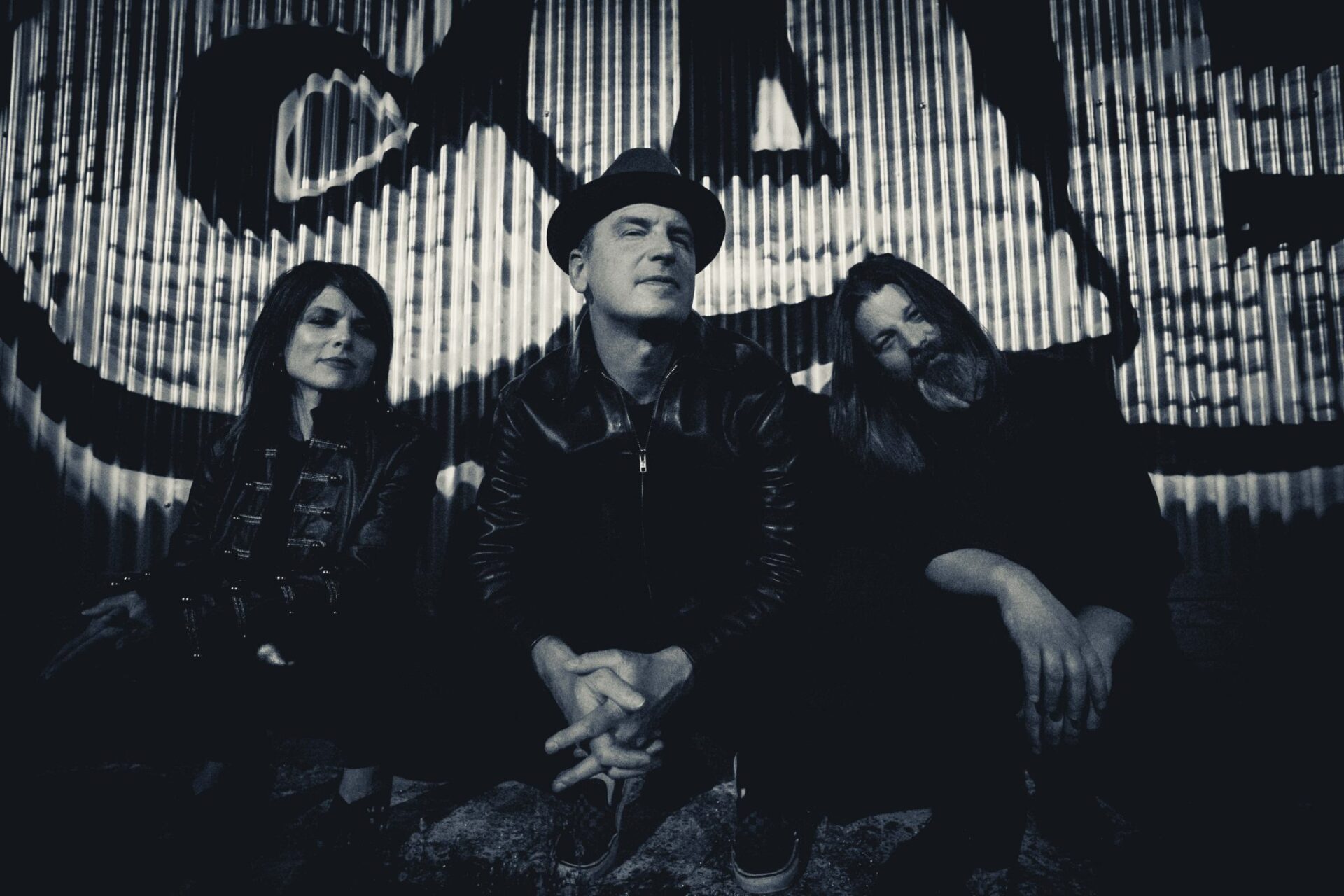You might be tempted to look at a specific part of Bob Marley’s for a legacy as extensive, far-reaching, and how powerful as it still is. Reinaldo Marcus Green’s biopic Bob Marley: One Love begins with the famous press conference before the 1976 Smile Jamaica Concert. It’s right within the height of political violence within the vacuum of two political groups at odds. But Marley is at peace. He’s not doing this to sway to any political agenda or monetary gain; it’s for peace. It’s because he believes in the healing power of music and how it can unite the canyons between us. Even with the Smile Jamaica and 1978 One Love Peace Concert being the places the film uses as a compass, One Love suffers from trying to cram too much of Marley’s ideologies, the world at large, the creation process of his music, record label woes, and relationship growth. You can see how the writing team of Terence Winter, Frank E. Flowers, Zach Baylin, and Green all came together and wanted to add different flavors. When so much within a two-hour container, it tends to dilute the overall impact of the lasting message.
It’s still hard for me to believe that Marley ultimately passed away at 36 years old and seemingly accomplished enough to span multiple lifetimes. One Love’s entry point is viewing Marley (Kingsley Ben-Adir), already at the height of his revolutionary powers, contemplating the next step in his legacy. Two days before the Smile Jamaica Concert, an assassination attempt at Marley’s home in Jamaica happens. Despite the obvious fear of those around him, Marley decides to press on because of how much it means to him. Even so, the threats of violence and the film depict a vision of the gunman Marley would confront in a literal and spectral sense on that stage. From there, the film loses itself in the cadence of trying to cover a lot of big themes in the mode of jumping around in time. As far as the music is concerned, there’s a wide net of studio performances and song construction to show the audience how the magic happened. In particular, One Love highlights the construction of Marley’s ninth studio album. Exodus and his exile to England.
Hearing his famous songs such as “One Love,” “Jamming,” and “Exodus” and seeing the various ways they come together feel like magic at first. After a while, you begin to feel these hit-specific story bets to signal we’re about to go elsewhere within the narrative. Not to mention, the quintessential record executives are not getting the simplicity of the album cover or the overall message, but they find a place (got to have it). Ben-Adir’s portrayal of Marley relies on the gentleness of the late artist’s embodiment of love, charisma, and internal struggle concerning his upbringing. Throughout the film, flashbacks are looking back at a young Marley being abandoned by the white father he scantly remembers — which haunts him in his adult years. Even as the story wobbles, Ben-Adir does his part to make the larger-than-life figure feel present. It is especially apparent during the various concert scenes where Ben-Adir gets Marley’s mannerisms down as the late singer’s voice rings through. Another crucial aspect of One Love comes from Lashana Lynch’s wife, Rita, who also survived the shooting.
Marcus Green splits the difference concerning how their relationship started and their difficulties later on. He uses the younger versions of Bob and Rita to show the budding romantic side of their union and how it came about. On the adult side, there’s an expression that Rita is Bob’s muse — that’s seen as Exodus’s title track is done and within The Wailers as a backup singer. Together, Ben-Adir and Lynch bring something to being the embodiment of these important figures — even if the film wants to race through most of their martial difficulties. There is one scene outside an elaborate get-together in Paris where Bob and Rita get angry about each other’s infidelity and a performance of “No Woman, No Cry” that hints at a gestating frostiness between the two afterward. However, it’s the revelation of Marley’s cancer diagnosis in One Love that discards those layers altogether. It’s a glaring example apparent in many biopics before it — where there is so much rich history to show that things almost feel like a timed museum exhibit where you can’t savor the whole textures of a painting.
Bob Marley’s legacy is infinite as his belief in what music and his message can do. If music could end violence, the message (which is most important) can surely cure many of the ailments of the human condition. One Love speaks to Marley’s unshakable beliefs in Rastafarianism while envisioning a healed and whole Jamaica. This film will be a reminder of Marley’s invaluable contributions to Black history and the world at large, even if his stories are so vast that the picture can’t quite quantify how impactful it was.
Photo Credit: Chiabella James/Paramount Pictures













